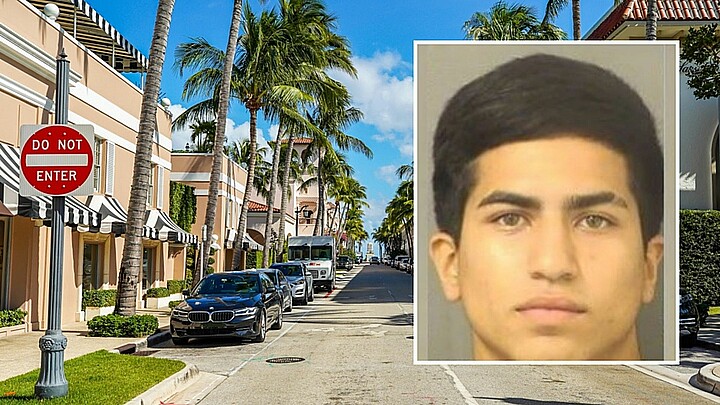Crime
Florida AG, FTC taking legal action to shut down COVID-19 scam targeting minority-owned small businesses
Florida Attorney General Ashley Moody and the Federal Trade Commission have taken legal action to shut down what they say was a fraudulent scheme perpetrated by a company targeting minority-owned small businesses.
July 1, 2022 1:23pm
Updated: July 2, 2022 2:26pm
Florida Attorney General Ashley Moody and the Federal Trade Commission have taken legal action to shut down what they say was a fraudulent scheme perpetrated by a company targeting minority-owned small businesses.
They filed a joint complaint in the U.S. District Court for the Middle District of Florida where Judge Marcia Morales Howard issued a temporary restraining order against the company, preventing it from doing any more business.
The complaint alleges that Traeshonna P. Graham and her company C Lee Enterprises, LLC, doing business as Grant Bae, violated the FTC Act, the COVID-19 Consumer Protection Act, and the Florida Deceptive and Unfair Trade Practices Act.
Grant Bae allegedly marketed a fictitious grant-writing service charging fees for the services, claiming clients could access millions of dollars in COVID-19 relief funds.
She created her company by applying for and receiving two loans through the Paycheck Protection Program, the complaint states. Grant Bae also applied for COVID-19 Economic Injury Disaster Loans on behalf of customers, the investigators of the alleged fraud reported.
“The defendants targeted small, minority-owned businesses with the promise they could help secure COVID-19 relief,” Moody said. “Instead of obtaining the promised federal grant funds, the defendants took fees from struggling businesses and left them in even worse financial condition. I am pleased we have shut down this scam and we will continue to litigate this case in an effort to recover lost funds for those harmed.”
FTC Bureau of Consumer Protection Director Samuel Levine said the “scammers … misused public funds meant to support honest businesses during the pandemic.”
According to the complaint, Graham and Grant Bae made false claims about her services on Facebook, Instagram and through a Clubhouse audio app.
She allegedly misled businesses to believe that Grant Bae was a successful business that had provided tens of millions of dollars in grants and that Graham had eight years of experience “developing the gift of grant writing,” the complaint states. But her last known employment was in 2018 working at a fast-food restaurant, Moody points out, “where she pled guilty to two felony counts of theft for stealing from the restaurant’s cash deposits.”
Grant Bae also claimed it had access to $268 million in grant funding and had secured grant funds from major nonprofit foundations and government agencies through which minority-owned small businesses were eligible for at least $25,000. Those that purchased a $6,999 “Elite” package would receive at least $250,000 in grant funding, and all customers would receive at least four grants in the first year, they were told, according to the complaint.
Once customers paid the money, they were told they’d been “awarded” the grant or their grant was “pending,” but they never received the money, the complaint states. When they tried to get their money back, they were unable to and were blocked on social media apps.
A hearing in the case is scheduled for July 5.
The announcement comes as numerous cases continue to be investigated and prosecuted in Florida and nationwide through efforts also made by multiple federal agencies, state and local law enforcement partners.
So far, more than $10 billion worth of fraudulent payments made through federal pandemic relief programs has been recovered and returned to the federal government.
In 2020, just months after Congress passed trillion dollar relief packages, the U.S. Department of Labor found that $26 billion worth of improper unemployment payments were initially made as a result of CARES Act funding. Reports by the Office of Inspector General later found that through multiple federal agencies, more than $100 billion worth of federal pandemic relief money was used for fraudulent purposes.










